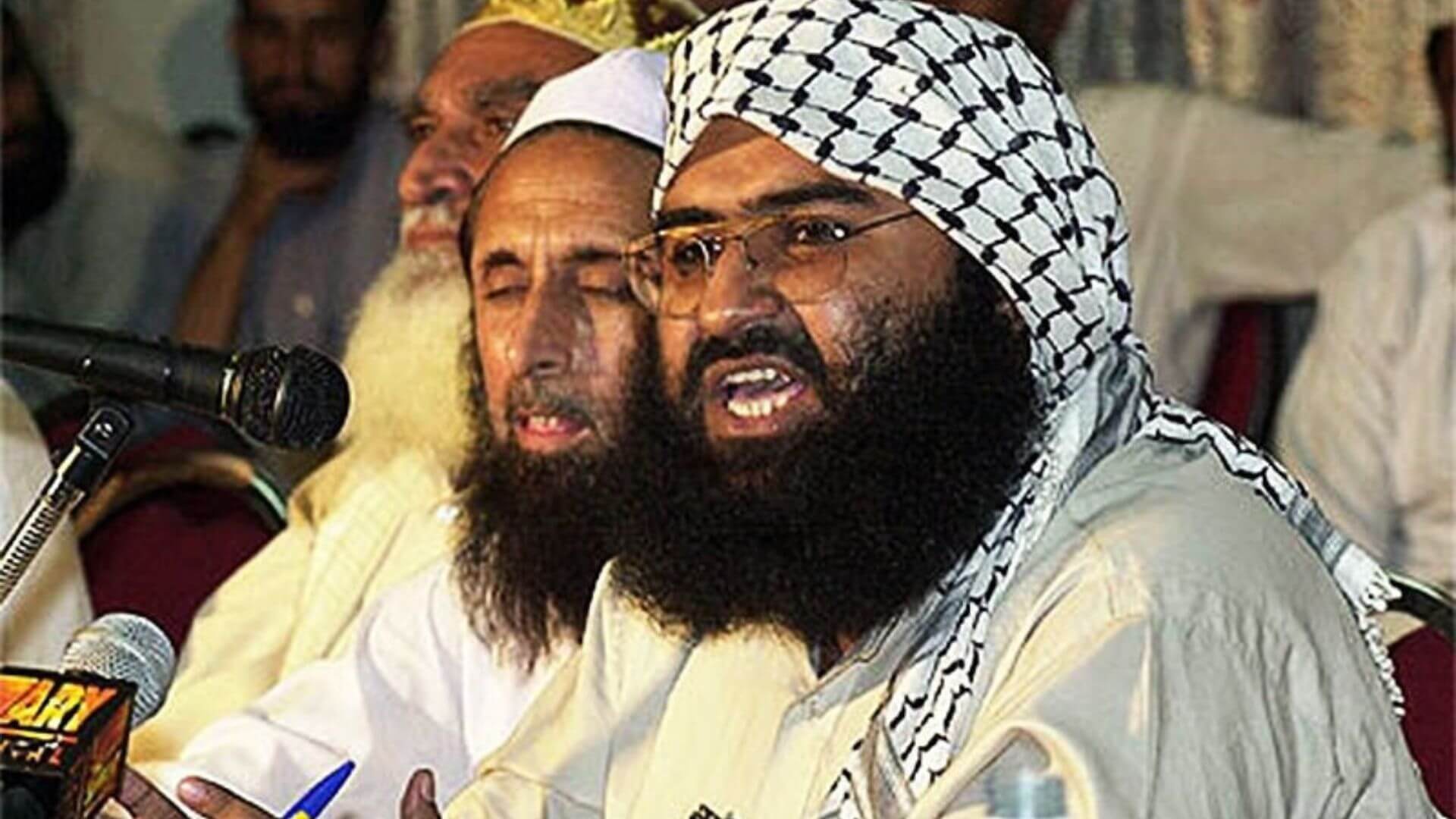Pakistan’s Double Game Exposed
India has intensified its call for firm action against Jaish-e-Mohammed chief Masood Azhar, highlighting Pakistan’s duplicity in combating terrorism. In a strongly-worded statement, New Delhi accused Islamabad of shielding Azhar, who is a UN-designated global terrorist, while posturing as a committed partner in the global war on terror.
Indian officials stated that Pakistan’s inaction against Azhar is a glaring example of its dual strategy—appeasing international powers on one hand and harboring terrorism on the other. “This duplicity must end. The world must hold Pakistan accountable for its actions,” said a senior diplomat from India’s Ministry of External Affairs.
Experts argue that Pakistan’s refusal to act against Azhar undermines its credibility on the international stage. Despite repeated assurances to crack down on terrorism, the JeM leader continues to operate freely, allegedly planning attacks on Indian soil.
The issue has also reignited debates about the effectiveness of international sanctions and pressure on nations like Pakistan, which have repeatedly been accused of providing safe havens to terror organizations. Analysts emphasize that global powers, including the UN, must adopt stricter measures to compel Pakistan into compliance.
India’s stand reflects growing frustration with Pakistan’s lack of transparency and accountability. The demand for action against Azhar is not merely about bilateral tensions but about ensuring regional and global security. Observers note that unless Pakistan takes credible steps, its duplicity will continue to erode trust in its intentions.
The ball now lies in Pakistan’s court, but for many, the question remains—will it finally abandon its double game, or will the world continue to be a silent witness?

